Iran and Armenia conducted joint military exercises on April 9–10 along their shared border, focusing on counterterrorism reinforcing regional stability. The exercises involved high-level military personnel and were aimed at neutralising simulated terrorist threats targeting border checkpoints.
The drills were conducted on both Iranian and Armenian territory, utilising a range of light and heavy weaponry, and included sniper operations.
Iranian participation was spearheaded by elite forces from the 31st Ashura Division of the Islamic Revolutionary Guard Corps (IRGC), based in Tabriz. The exercises were overseen by General Valiollah Madani, Deputy Commander of the IRGC Ground Forces for Operations.
Madani stressed the strategic importance of the region and highlighted the drills as vital for maintaining regional peace and combat readiness.
Brigadier General Seyed Mortaza Mirian, a representative of Iran’s Armed Forces General Staff, also commended the joint initiative, stating that the drills served as a significant step in enhancing military cooperation between the two countries.
Armenia's Ministry of Defense confirmed that the exercises focused on preparing troops to respond to potential terrorist attacks on border crossings, although it did not disclose the number of personnel involved.
The Iranian Embassy in Armenia issued a statement underscoring the political and strategic importance of the operation, noting that it was conducted under a unified command. The embassy highlighted that both countries are committed to building a stronger strategic partnership and contributing to peace and stability in the region through increased defense cooperation.
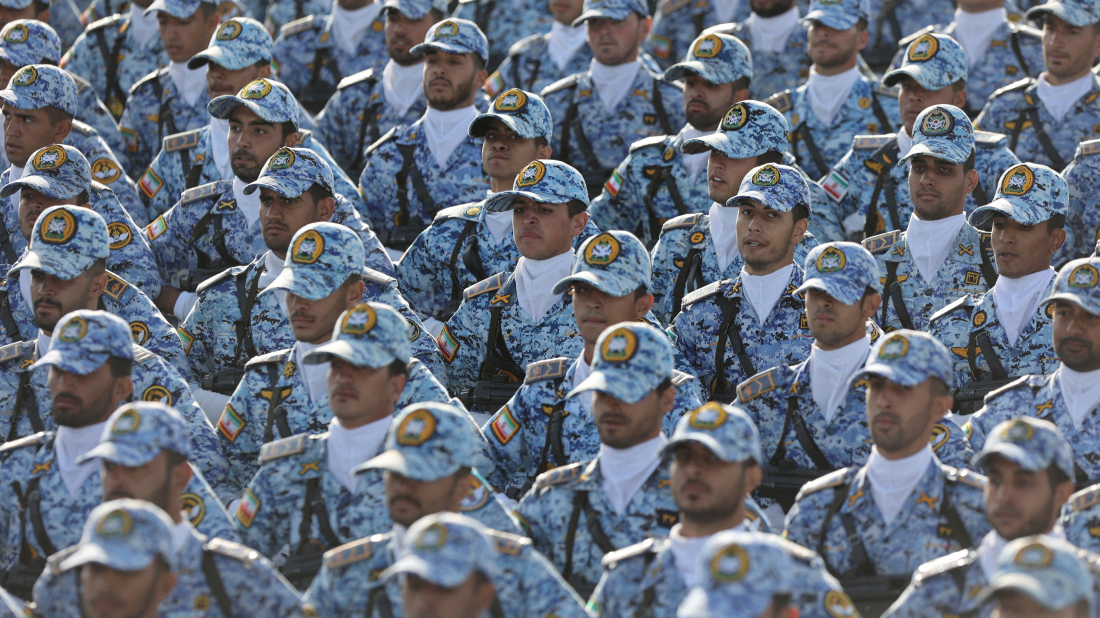
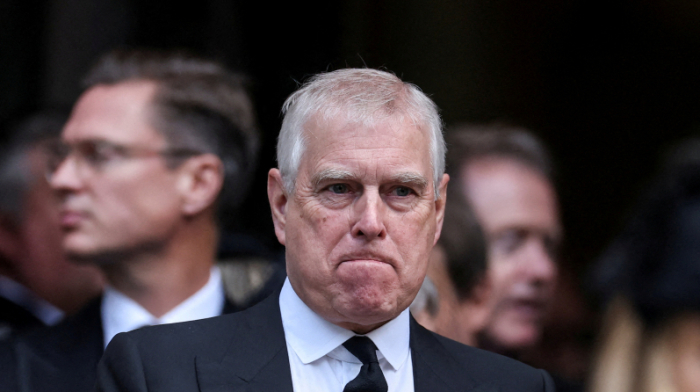
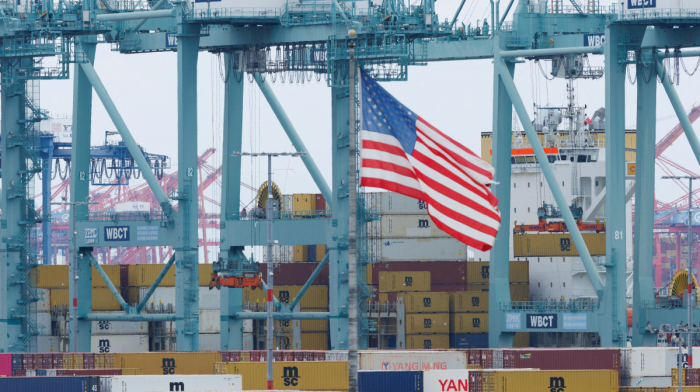
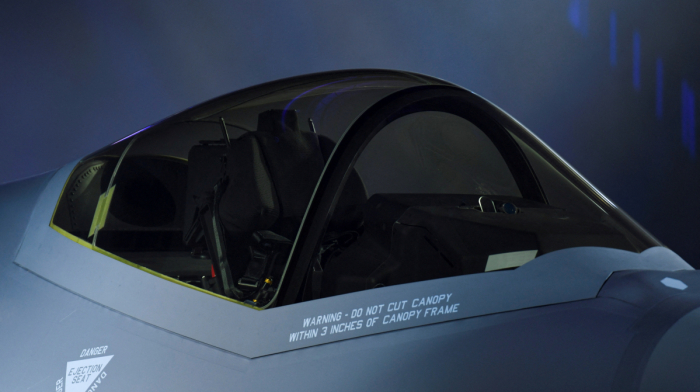
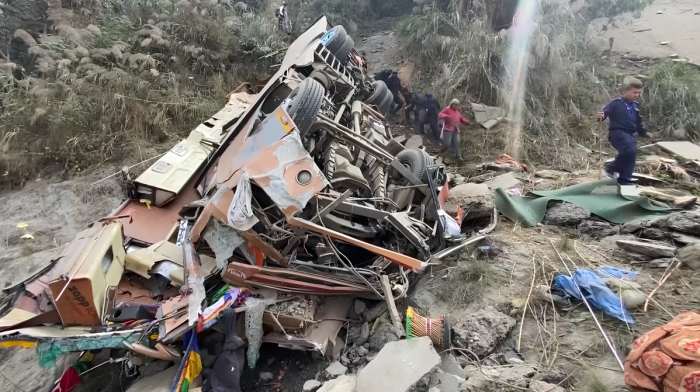
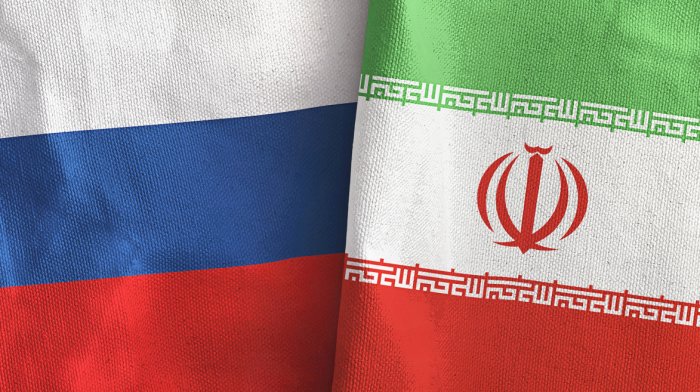

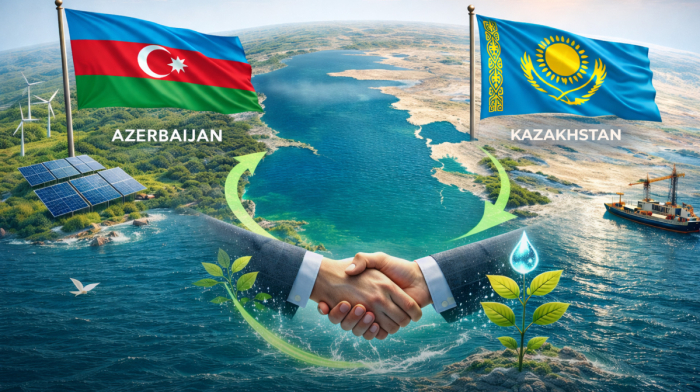
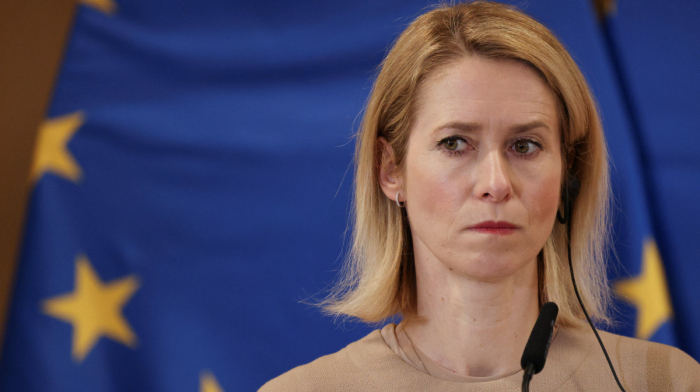
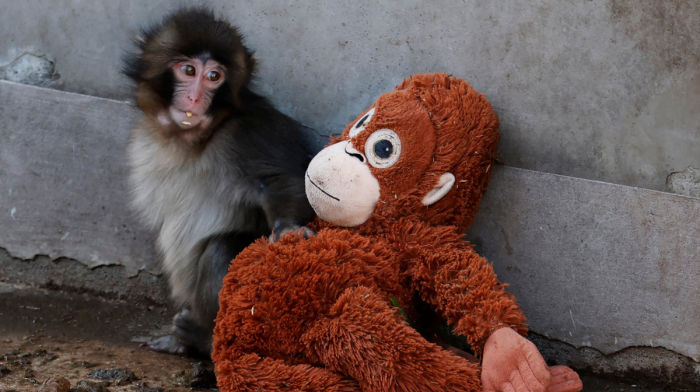
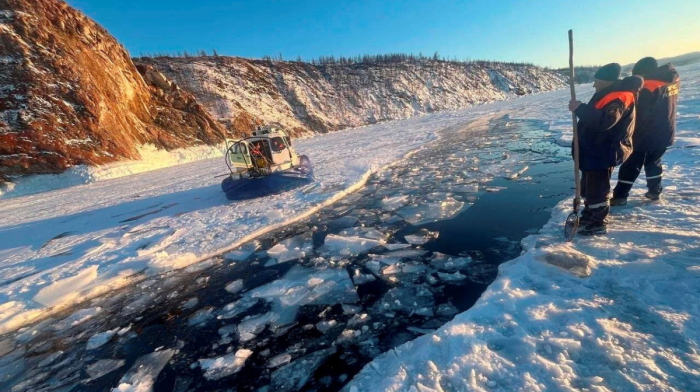
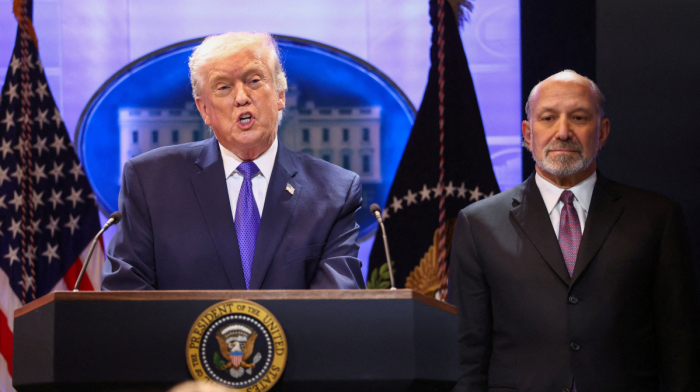
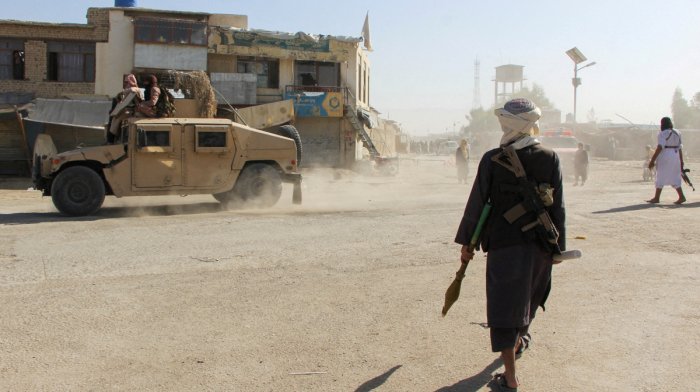
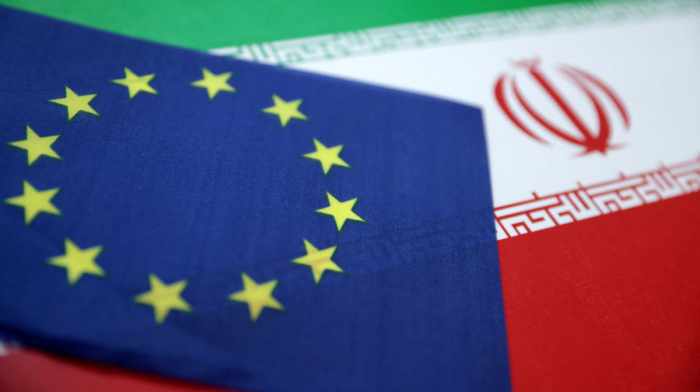
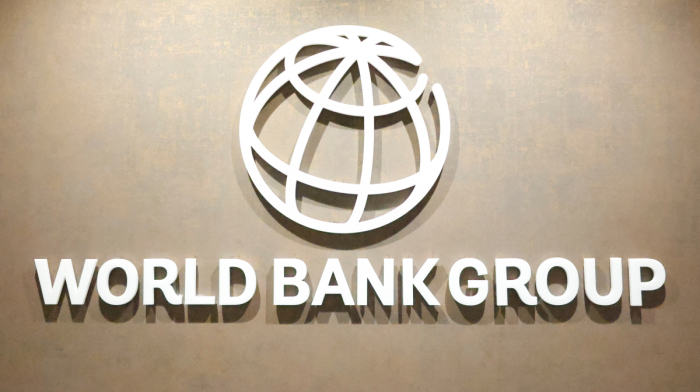
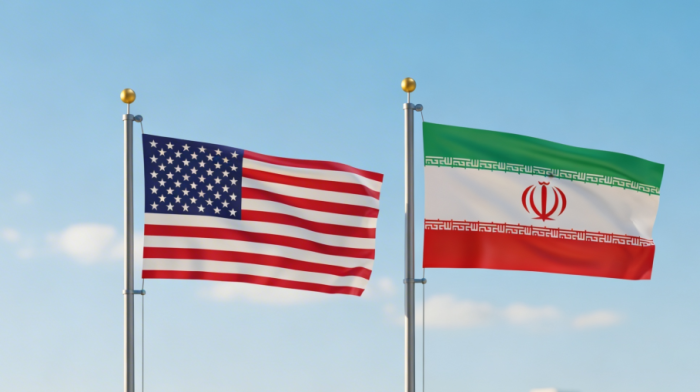
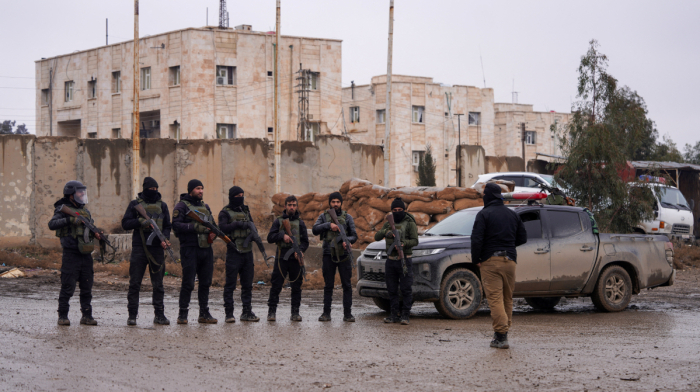



What is your opinion on this topic?
Leave the first comment